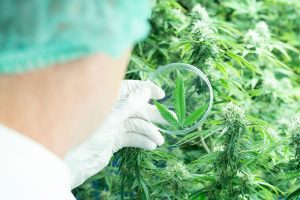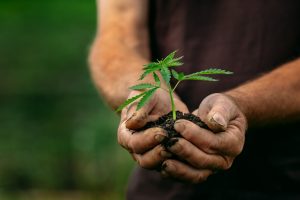Maryland children can become medical cannabis patients. The plant can serve as a boon to children whose lives have been racked by disease or disorders.
But what happens when they need their medicine in school?
There’s anti-marijuana/drug policies with public schools, and some worry about legal ramifications. Though there’s less than 200 patients who are minors, we need to have methods in place.
We’ll survey options together by looking at how these states handle kids and cannabis in schools:
- Washington, D.C.’s method
- Colorado’s method
- Washington state’s method
- California’s method
Medical cannabis minors still want normal lives and can develop that in school. Especially after they’ve had ongoing, intense treatments until cannabis came along. Let’s help them achieve normalcy.
Washington, D.C.’s method
Mid-September 2019, the District of Columbia updated its policy and now allows access to medical cannabis in public schools. It’s important to make the distinction: charter schools and private schools have policies independent of state law.
And this affects the 11-year-old girl Zoey Carty, diagnosed with frontal lobe epilepsy that can lead to dozens of severe seizures throughout her day. The only successful treatment for her has been medical cannabis and CBD oil, both taken via an inhaler.
Seizures prevented her from attending school. But with cannabis as a solution, that prevented her from attending as well.
This is something we need to be preemptive about with it being addressed so close to Maryland.
Especially when it comes to how the medicine is administered.

Colorado’s method
In Colorado, school nurses are legally allowed to administer medicinal cannabis to students who are patients. Per the article,
“the law only applies to cannabis oil and other “non-smokeable” marijuana like CBD oil, and requires that students have a medical marijuana card and written permission from their parents and school principal.”
So it’s treated like a standard prescription—the nurse keeps it safely locked away. Students aren’t allowed to carry their medicine with them on school grounds or on busses.
The law was named and enacted for a third grader named Quintin Lovato. His parents found that daily doses of CBD oil 3 times a day kept his epilepsy and Tourette’s syndrome in check.
Originally, they traveled to school—during work hours—to administer Quintin’s medicine. Which you can guess was a disaster.
This method prioritizes the needs of the child and doesn’t disrupt the livelihood of parents who need to work!
Washington State’s method
That brings in Washington state’s method of addressing how schools kids can take their meds. A recent state law allows parents to give their children medical cannabis (namely CBD) at school, on the school bus or during school activities.
Again, students aren’t allowed to store their medicine on school grounds. With the added drawback that school staff can’t handle or administer CBD oil to the patient.
Noted in Colorado’s case, leaving it up to the parents to administer medicine on time may disrupt the child’s treatment plan and school day. Along with interruptions for parents, most of whom can’t leave their 9-5 early everyday.
But this is the step school’s take out of fear due to cannabis’s illegal federal status.


California’s method
One school district goes so far as to say they don’t want a student to attend due to cannabis’s illegal status. They argued that the preschooler’s medicine could cause issues with funding. Namely since they must declare their campus is drug and alcohol-free.
The parents and doctor of Brooke Adams took the issue to court. Brooke has Dravet Syndrome, “a severe and rare form of epilepsy that comes with life-threatening seizures that are unpredictable, frequent and can cause serious damage if not treated quickly. “
Her doctor testified that cannabis is the only daily treatment that allows her to function.
With such severity but rejection from schools, Maryland children with medical cannabis cards and their caregivers need protections.
Takeaways
Taking inventory of more mature legal cannabis markets, it’s best not to wait until a family needs to go to court for their child to attend school.
Maryland children shouldn’t have to deal with these types of choices. Their livelihood and education are equally important.
This is a conversation we need to be having and make moves to provide protections for parents that have found cannabis to be a powerful and valid way to treat their child’s medical conditions.
Share this blog post with your thoughts to get the discussion going.
Alaina Dorsey is a freelance cannabis content marketing writer and strategist based in Baltimore, MD. For dispensaries and online cannabis businesses, she writes the chilliest customer-focused content that educates and engages. Quirks available upon request at www.alainadorsey.com.






